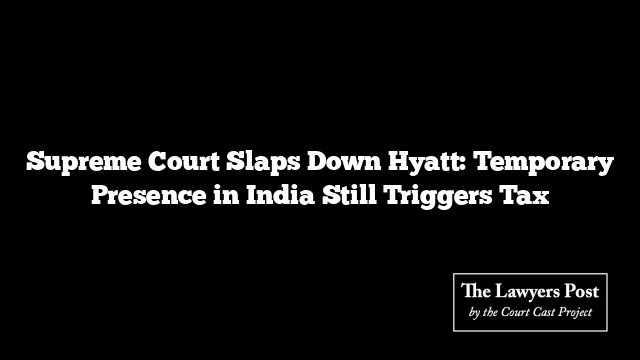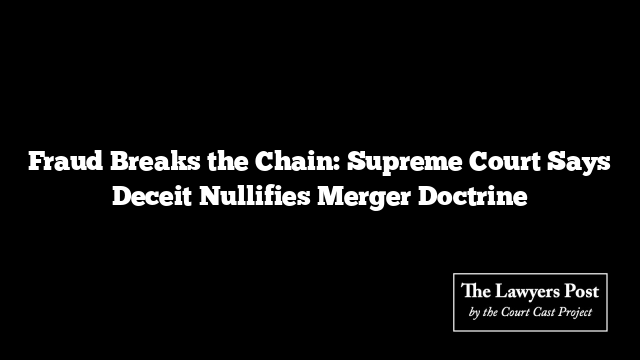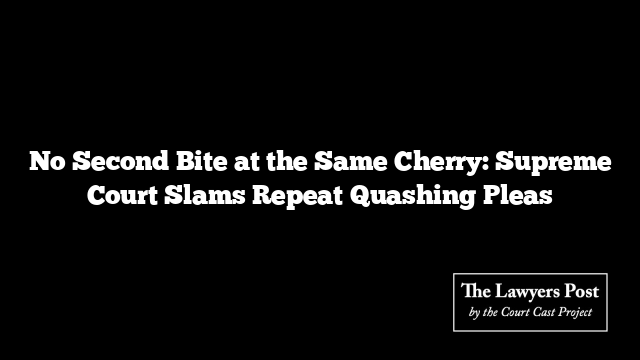The Supreme Court of India has shut the door on Hyatt International’s attempt to dodge tax obligations, making it clear that foreign companies operating in India—even from shared or temporary premises—can’t escape the tax net if they exercise real control over operations.
In a sharp and detailed ruling delivered on July 24, the bench comprising Justices J.B. Pardiwala and R. Mahadevan upheld a previous decision by the Delhi High Court, affirming that Hyatt International was liable to pay income tax in India under its long-standing Strategic Oversight Services Agreements (SOSA) with Asian Hotels Ltd., which has run Hyatt’s hotel operations in the country for two decades.
The crux of the Court’s decision? You don’t need your name on the building lease to be taxed—operational dominance is enough.
Hyatt International, headquartered in Dubai, had argued that it had no designated office in India, and that Indian entities retained full ownership and control over the hotels. It claimed its involvement was merely advisory, focused on brand guidelines and policy inputs.
But the Court didn’t buy it.
Pulling from the landmark Formula One ruling, the bench emphasized that actual control and functional presence matter more than a formal office address. “Temporary or shared use of space can still amount to a Permanent Establishment (PE) if a foreign entity is running its business from there,” the ruling noted. And Hyatt’s deep involvement—ranging from management decisions to enforcing compliance and profit-sharing—ticked all the boxes.
The judgment highlighted that Hyatt’s staff worked continuously from within the hotels, carrying out “core and essential” business functions—not just auxiliary support. The 20-year agreement was not passive consulting; it was hands-on control. The Court found the arrangement had all the characteristics of a Fixed Place PE as per Article 5(1) of the India–UAE tax treaty.
In essence, the ruling draws a hard line for foreign companies operating in India: If you’re functionally embedded in the business—even without exclusive physical space—expect the taxman to come calling.
With this, Hyatt’s appeal has been dismissed, and India’s tax authorities walk away with a precedent-setting win.





